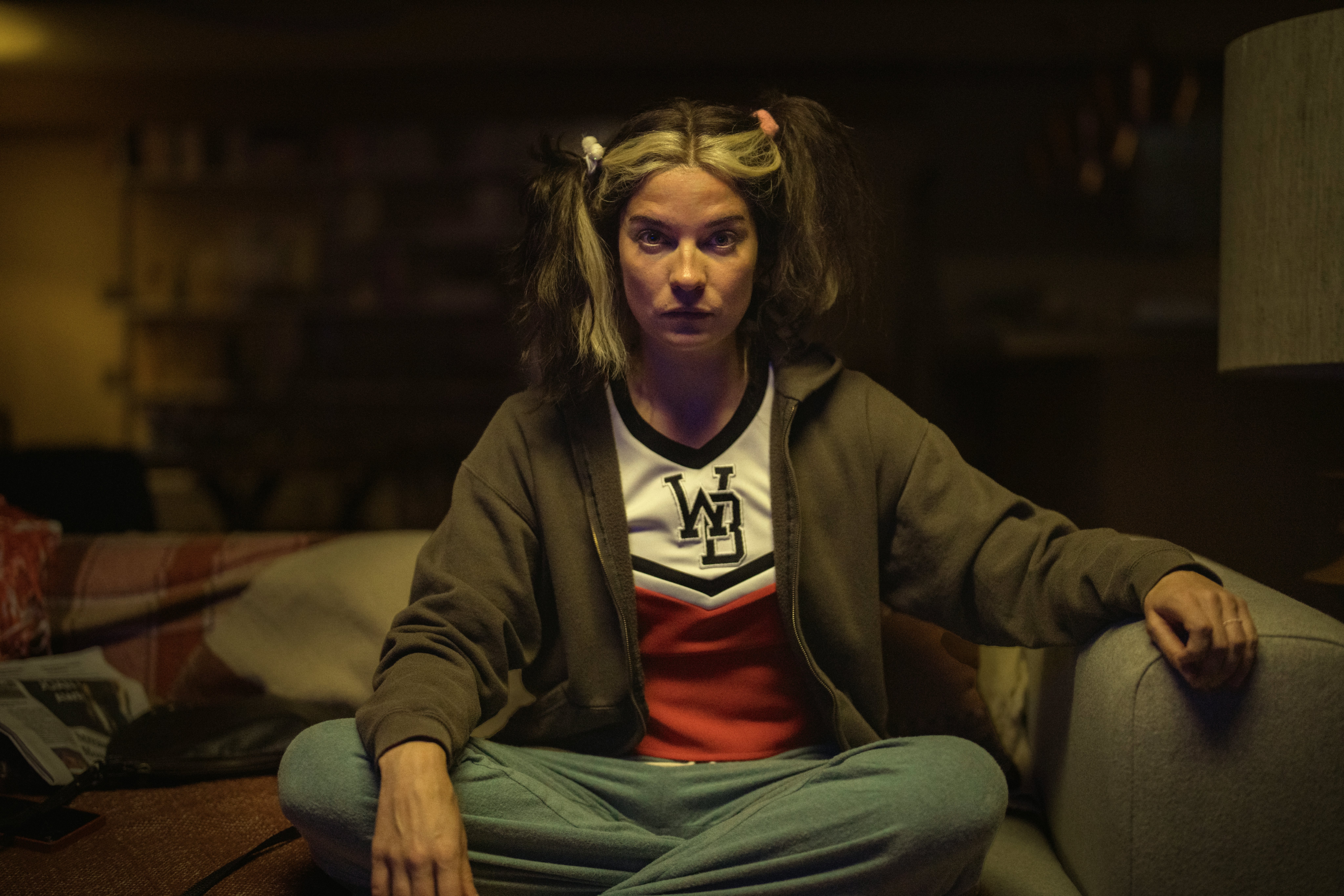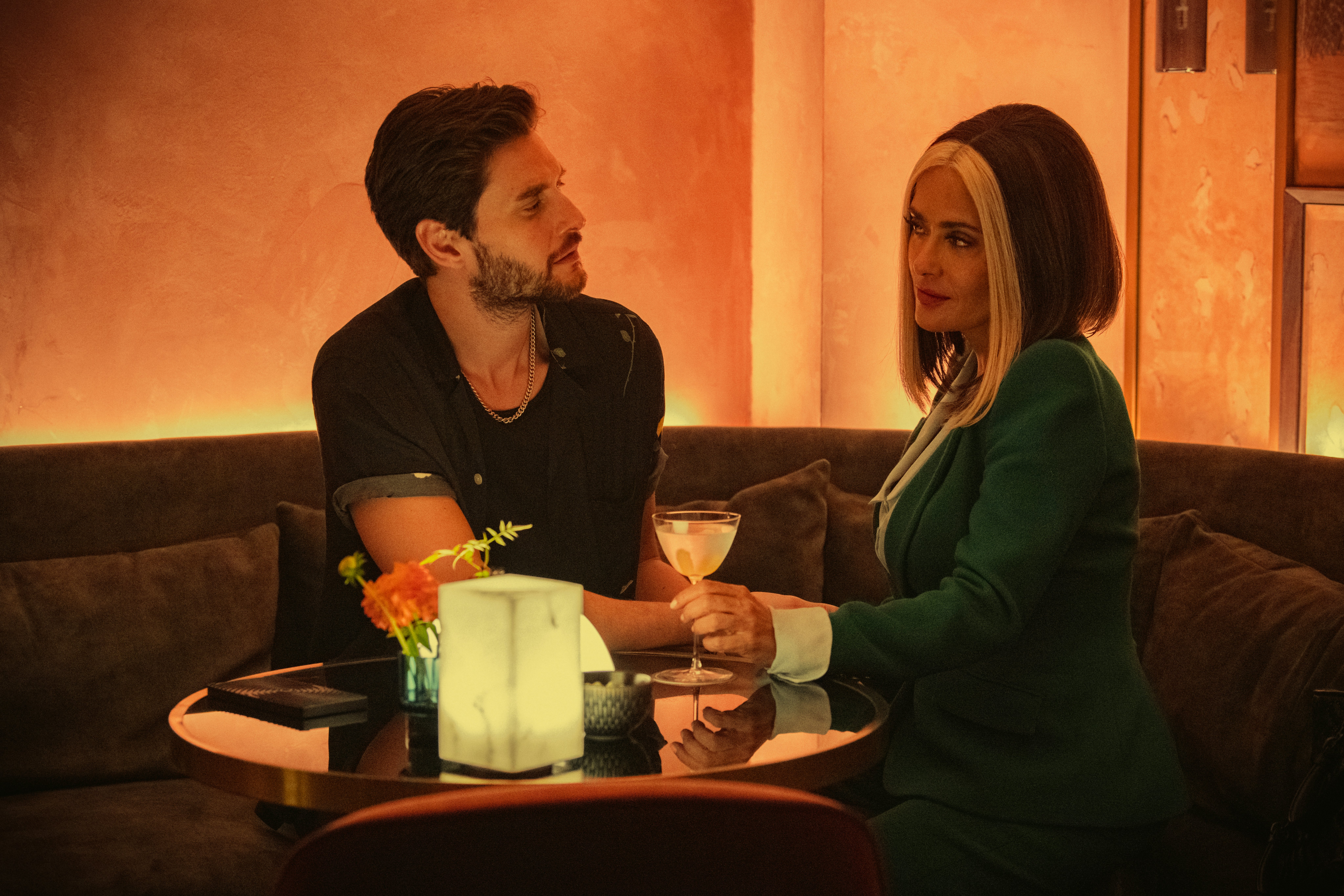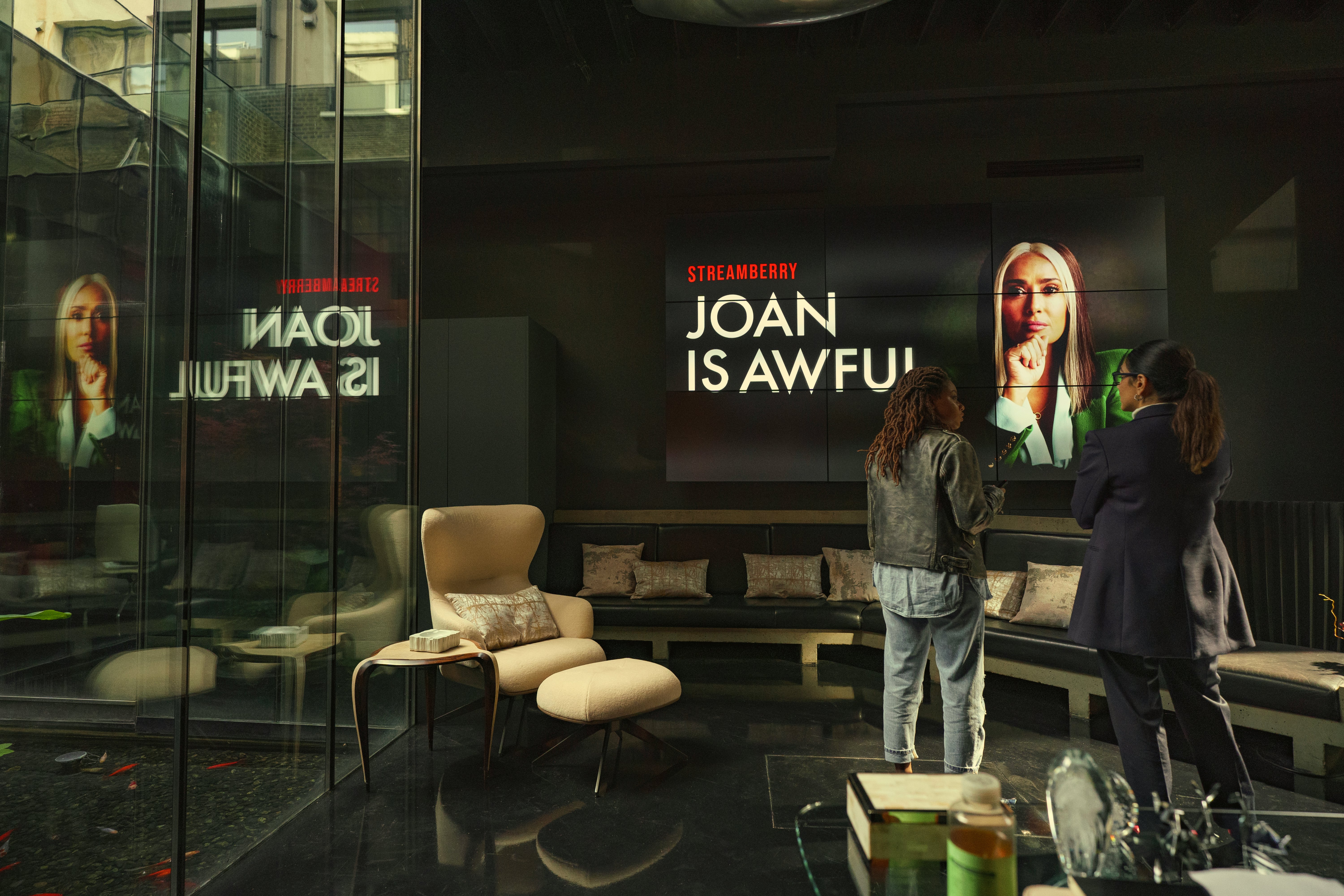
Black Mirror has never been afraid of getting a little meta. In fact, there were multiple fan theories that suggest the entire show itself may be a universe that exists on Netflix’s servers. The anthology series explored how we interact with technology, ranging from memory recordings, to social capital, to obsession with tabloids.
But in Season 6, Black Mirror finally took the bull by the horns and tackled its own home: Netflix. The result is not only one of the series’ best episodes ever but a retort to all the criticism Black Mirror has faced in the past.
The first, and biggest, criticism Black Mirror faced was how it seemed to be preachy about people using their phones too much. The episode “Smithereens” even went so far as to blame distracted drivers on apps being designed to be addictive. It’s the level of social critique exhibited by kids’ movies like WALL-E — not exactly razor-sharp satire.
The first episode of Black Mirror Season 6, “Joan is Awful,” seemed like it would be another phone-based episode: the first thing we see in the episode is Joan waking up to the alarm on her phone.
However, that’s not the screen that haunts Joan’s life. Yes, texts on her smartphone play a part in the story, but it’s about as much as they’d play in any drama set in the present day. Instead, this episode — which is available to stream on Netflix — takes on Netflix itself.

Warning! Major spoilers for Black Mirror Season 6 Episode 1 ahead!
After a particularly bad day at work, Joan stumbles on “Joan is Awful,” a streaming show on the fictional (but eerily Netflix-like) “Streamberry” that’s a beat-for-beat recreation of her life that day, but starring Salma Hayek as her. Salma Hayek’s Joan even discovers a streaming show within the show that stars Cate Blanchett.
As her life crumbles, Joan decides to take matters into her own hands, which forces Salma Hayek herself to team up with her as they try to take on Streamberry. There, they learn the truth: through AI and the CG likenesses of actors like Hayek, Streamberry plans to create “X is Awful” shows about all of their viewers.
Things get even weirder when they stumble upon a behind-the-scenes worker played by Michael Cera, who reveals that the Joan we’ve been following isn’t the real Joan, she’s actually the licensed likeness of Annie Murphy, just like he’s the licensed likeness of Michael Cera.

When a journalist questions the Streamberry CEO why these shows are so negative, she responds that “when we focused on their more weak or selfish or craven moments, it confirmed their innermost fears and put them in a state of mesmerized horror.” It’s a sly remark on Black Mirror’s own doom-based worldview, turning every moment into a dystopian reality.
Self-critique is a dangerous ground for satire. If you’re easy on yourself, it’s likely to come across as making excuses. If you belabor the point, then it looks like navel-gazing self-indulgence, making the show about the show instead of the initial subject.
“Joan is Awful” manages to find this balance and conquer its own criticisms in a way that still manages to be an episode of Black Mirror, not a list of defenses. It doesn’t just put its own existence on trial but holds the viewers complicit as well.
The show-within-the-show happens not just because Streamberry is evil, but because people want to watch things that make them uncomfortable. That’s been Black Mirror’s appeal all along.







